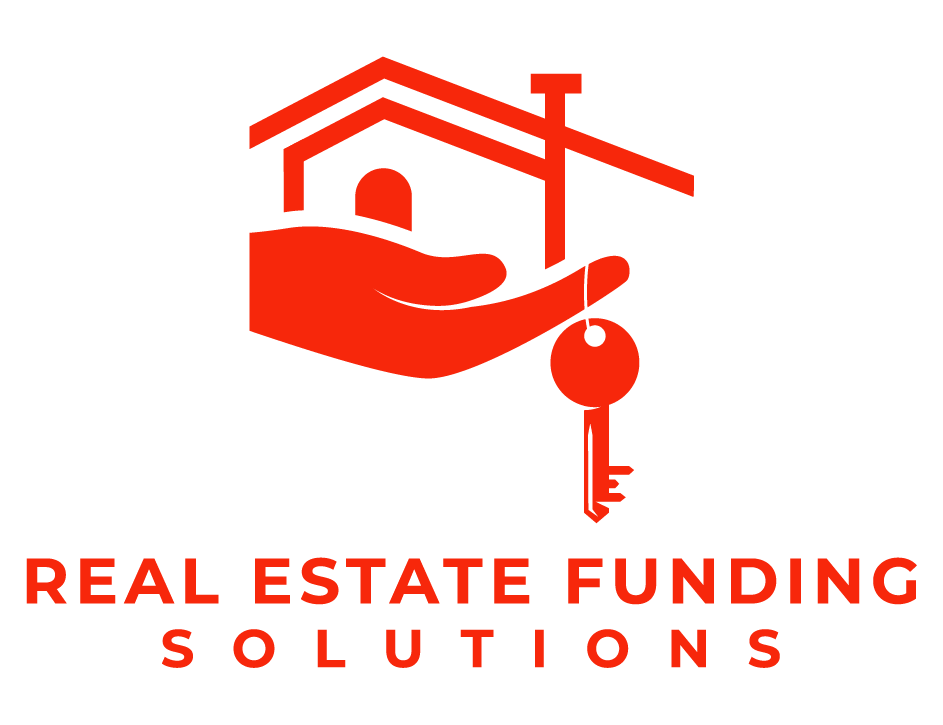Several financing options are available if you wish to become a real estate investor or diversify your portfolio. However, if you don’t have enough money to invest outright, you need to understand the power of leverage. Remember, the advantage of real estate over the stock market is the user’s ability to earn money using someone else’s money. You also need to appreciate that the cash-on-cash return will be much higher if you purchase a property using a loan instead of paying the total price from your pocket. However, most people think of residential and commercial real estate loans as the same thing. This article will take a deeper look into the top five differences between residential and commercial real estate loans. Knowing these critical differences before finalizing your deal can be of great help if you are a real estate investor.
Entities vs. Individuals
When it comes to commercial mortgages, most loans are typically made between a firm and a commercial bank. However, residential mortgages are between a bank and an individual. Commercial real estate mortgages are for a wide range of businesses. These, including LLPs, LLCs, trusts, and funds are formed to buy commercial real estate properties specifically.
Since these businesses may lack a long credit history or a solid financial history, the lenders often require the owners to guarantee the loan personally. As a result, the lender will have a credit-worthy individual or a group of individuals from whom they can recover if the loan defaults. Nevertheless, if the lender doesn’t require the loan to be guaranteed by an individual (or individuals) named in the business, the real estate itself will be set as a means for the lender to recover if the loan defaults.
Different Types of Income Matter
When you apply for a loan, money lenders will check different income types depending on whether you apply for a commercial or residential real estate loan. When it comes to a residential real estate loan, banks will ideally check an individual’s debt-to-income ratio. In simpler words, the bank will specifically check your gross income and compare it to the total amount of debt you owe. Ideally, money lenders prefer if your debt is no more than forty-five percent of your total gross income.
For instance, if you earn $100 in gross income, lenders don’t want you to have more than $45 in debt. Money lenders also don’t prefer your mortgage payment to be above 28% of your monthly gross income. When it comes to commercial property loans, lenders will look at the property’s ability to generate revenue for you compared to its debt. This is known as the debt coverage ratio (also known as DCR). A debt coverage ratio of 1:1 means that the real estate property earns what it owes. Most lenders prefer to see a debt coverage ratio of 1:1.25.
Interest Rates
Commercial real estate loans ideally have a higher interest rate when compared to residential loans since banks consider them to be of higher risk than residential loans. For example, an individual who owns both a commercial and a residential property falls upon hard times. In that case, they will typically pay off their residential loan to still have a roof over their head, while a commercial property loan may fall by the wayside. Moreover, there is a smaller market for commercial loans, meaning that the bank will typically hold on to the loan for the entire time, which increases their overall risk.
Loan Terms and Authorization Period
Borrowers who use residential real estate loans ideally finance their property over a long period, like a 30-year loan term. Because of this, these loans are typically repaid in regular installments over a particular period. Thanks to the extended amortization period, a borrower for a residential loan will ideally have lower monthly payments, enabling more working capital every month. In contrast, commercial real estate loan terms are typically shorter because of the risk involved. Terms for a commercial loan can be anywhere from five to ten years (typically ten years) and the amortization period tends to be longer than the loan term.
Penalties
Residential loans can be paid off at a fast rate without penalties. However, you must note that a commercial real estate loan might have different prepayment restrictions. All these restrictions are put in place to protect the lender’s yield on the loan while at the same time limiting their risk. Clarify the penalties with a specialist before finalizing the deal. Are you having difficulties selecting your next real estate investment? Talk to our professionals today. If you can’t decide whether to invest in a commercial or residential property, we can offer professional advice and help you finance your investment. Contact Real Estate Funding Solution today to understand your options. Our team can provide you with the most competitive loan terms for short-term and long-term funding options. Click here to get in touch with us right away!


